How to eat and drink to fuel cycling performance
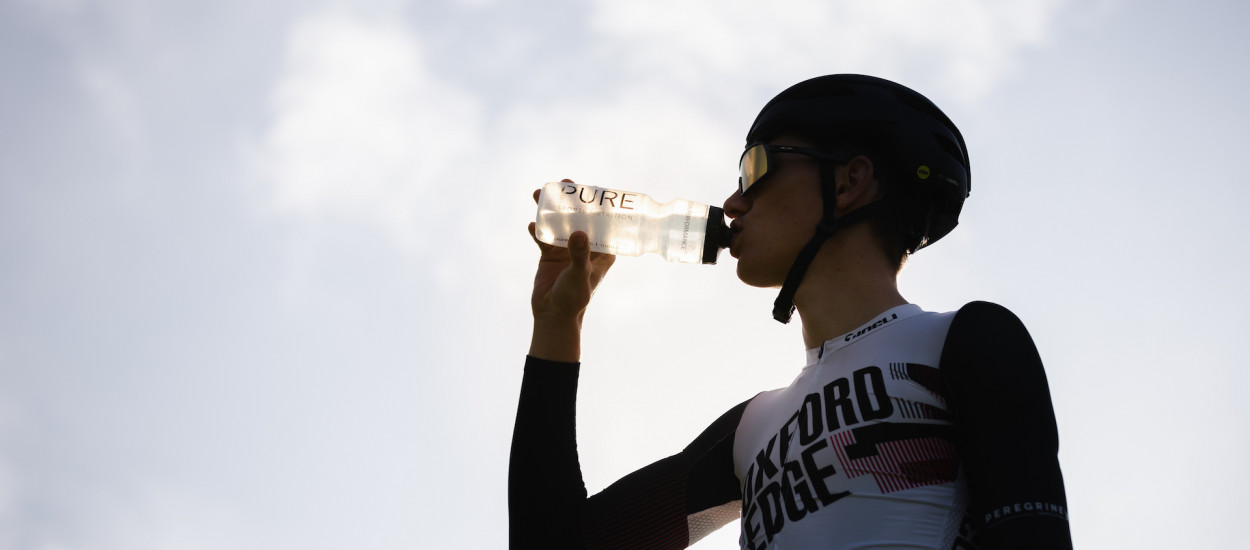
The health experts tell us that “we are what we eat”, and for cyclists this is even more relevant. Cycling is a hard sport that demands a lot of energy expenditure and getting your nutrition and fuelling right is essential if you want to perform at your best.
Cyclists who are seriously training need to eat quite differently to ordinary people. To fuel your cycling training, your diet needs to prioritise carbohydrates over protein or fat-based foods.
You also have to eat a lot more of the right kind of food to support the energy you put into training. The amount and calories will vary, depending on factors such as gender, body type and fitness levels, but you will definitely need to eat more.
When you eat is also important. Cyclists need to time meal planning and nutrient intake so that they optimise their training performance. To perform at your highest output, your body needs carbs before, during and after your training sessions.
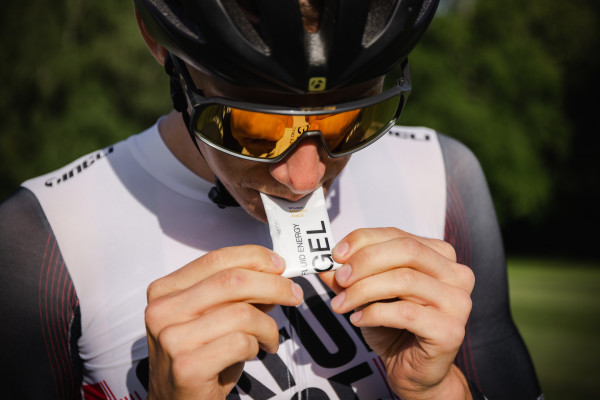
Tineli Ambassador Guy Yarrell
Nutrition for training
If you’re training hard or racing, you need enough fuel and hydration to get the most out of your legs. You need a nutrient-rich diet that fuels long hours of training.
Get used to fuelling while out riding, so that you’re keeping your glycogen stores topped up over the days and weeks of training. Eating and snacking frequently will help to meet your energy and carbohydrate needs, while spacing out protein-based foods over the day helps with recovery.
Plan your carbohydrate intake to match your training levels so that you adequately refuel, particularly when your training plan has you tackling more than one daily session. You’ll find a lot of expert information online to help you create a training diet and work out your individual carb requirements.
Your body’s muscles and liver can only provide a limited carb supply, so your fuel stores will need topping up 24-36 hours before a long race or ride to boost your endurance and high-intensity performance. To reduce the chances of nervous tummy problems, choose low fibre foods, compact carbohydrate foods or liquids in the last 12-24 hours before your event.
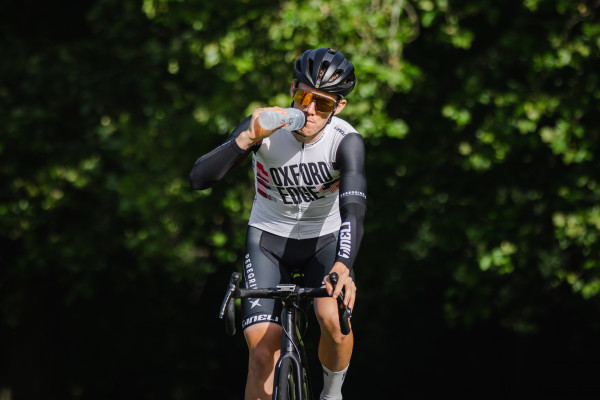
Tineli Ambassador Guy Yarrell
Hydration is all-important
You should be aiming to be well hydrated before any training session or race event. Remember to drink plenty during the day in advance of an event. Have water or a drink with meals or snacks, plus sip on fluids regularly between meals.
Pre-race hydration is even more important before riding a time-trial or a short criterium race, as bike weight matters during these events so a drinks bottle is usually not taken. In a longer road race, sip on fluid regularly to keep up your fluid levels.
You need to be drinking enough to replace fluids you’ve lost training and sweating out on the bike. If you haven’t replaced depleted fluids, it can reduce your power output and impact on your overall performance.
Water is just fine for short sessions, but for longer rides, riding in hot conditions, or racing, sports drinks will efficiently replace the carbohydrates and electrolytes you’ve expended.
Fuelling up on the ride
You need a lot of nutrition for long training rides and races, and this is where specialist cycling nutrition products are efficient at providing carbs that are easy to digest while on the bike. Spread out your carbs over the duration of the ride, so you don’t go ‘hunger-flat’.
How much carbs you need will depend on how long and hard the race is. For events longer than 90 minutes, taking in 60-90g of carbs each hour will help maintain mental sharpness, power output and minimise muscle fatigue.
What to eat before and during a cycling race
It’s race day. Eat a last carb-rich meal about 2-3 hours pre-race. Choose food that’s low on fibre and fat, to help prevent any digestion problems.
Some suitable ideas include cereal with fruit, baked potatoes, or a rice or pasta-based meal. A liquid carbohydrate such as a smoothie is another option. An hour or two before the race, eat a smaller snack such as yogurt, banana or a muesli bar.
During longer races stay hydrated with sports drinks and snack on foods like banana, energy bars, sports gels or chews, fruity buns or sandwiches.
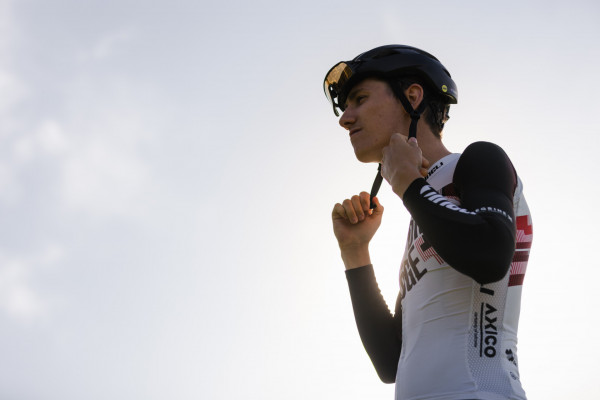
Tineli Ambassador Guy Yarrell
Post-ride and race recovery
The post-ride and recovery phase is important too. In recovery, meals and snacks should be nutrient-rich, combining carbs for fuel, protein to repair and grow your muscles and fluids and electrolytes that will replace water loss through sweating.
Another effective recovery tip is to drink water at the same time as eating salty foods, such as crackers. This combination can be just as good at replacing lost fluids as buying a special rehydration drink.
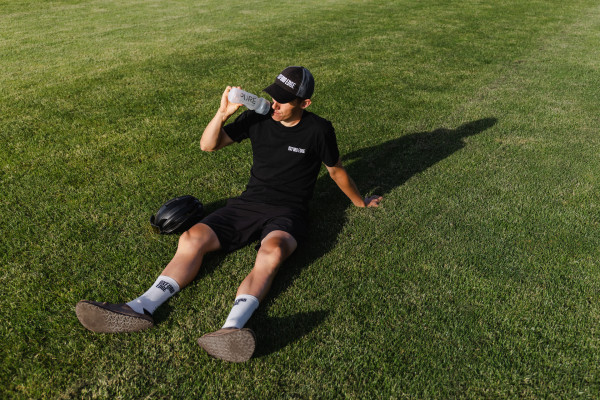
Tineli Ambassador Guy Yarrell fuelling up after training